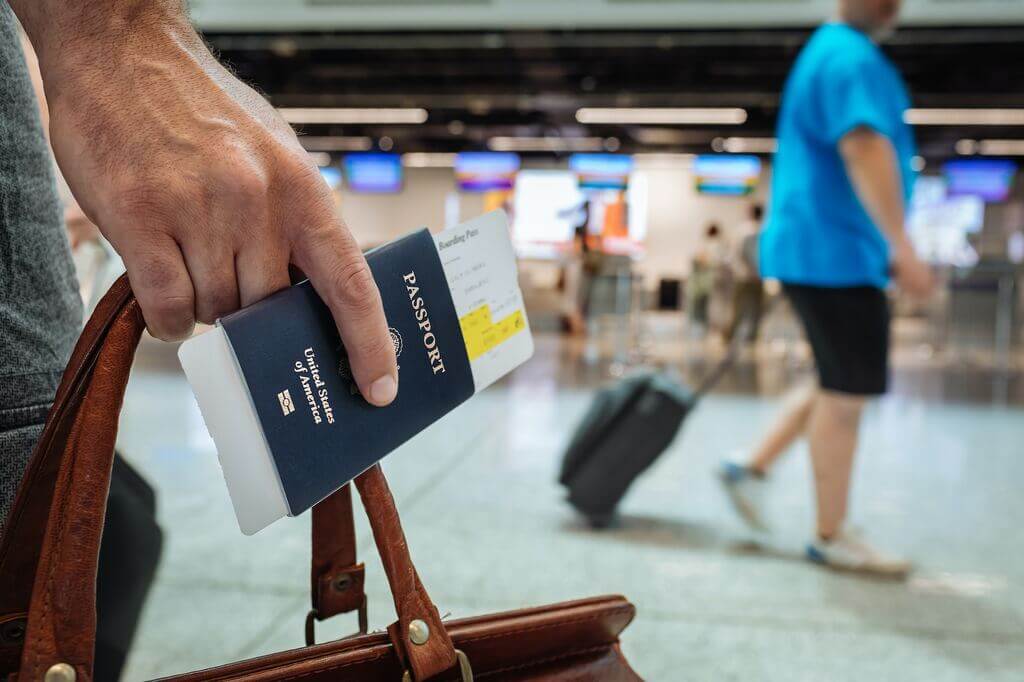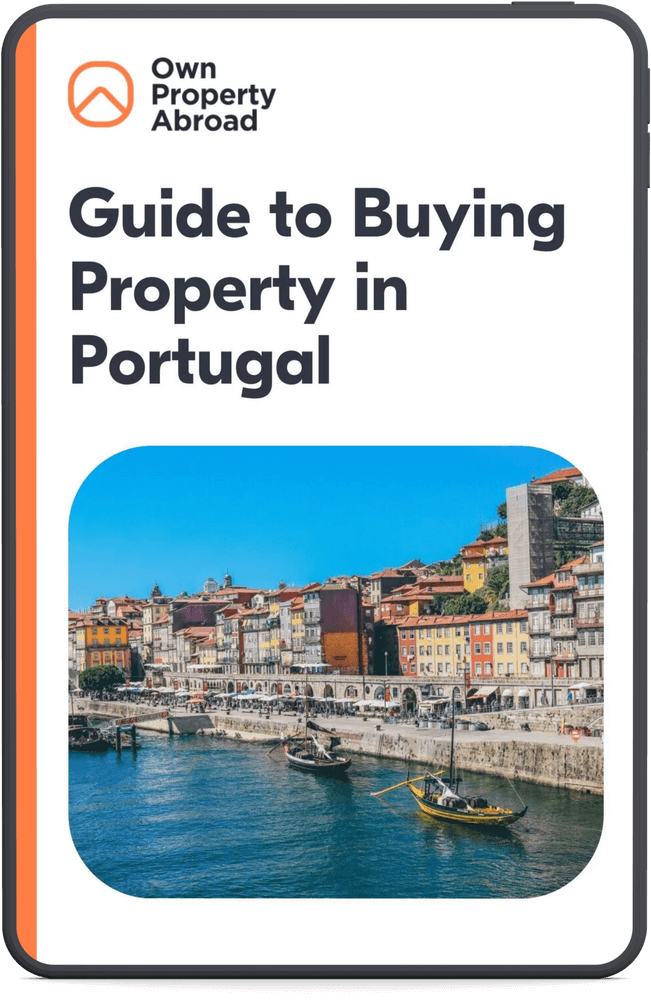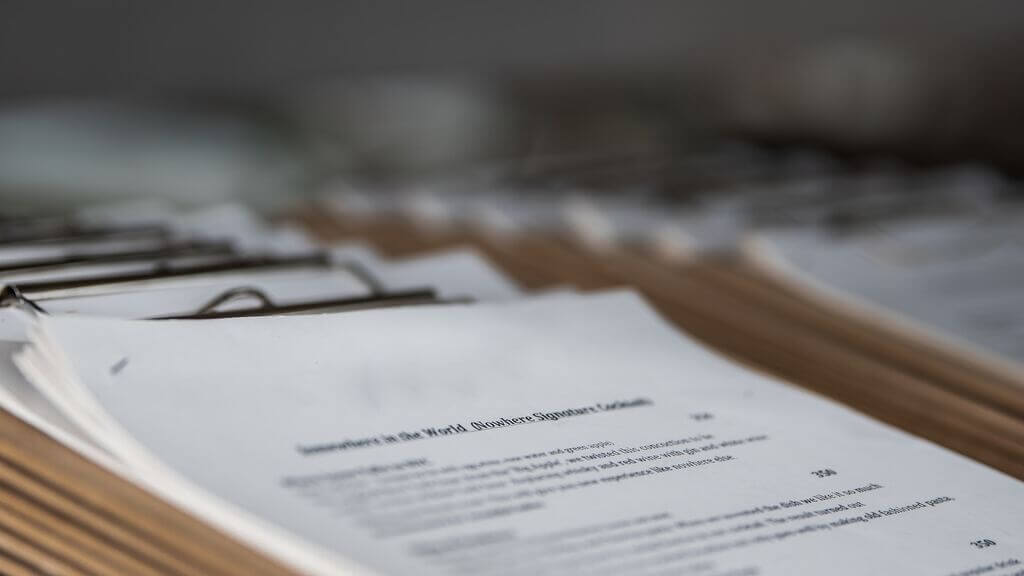What are the required documents for the Portugal D7 Visa?
To apply for the Portugal D7 Visa, it is essential to gather and prepare documents that meet the requirements set forth by the Portuguese authorities. These documents demonstrate your eligibility and ensure a smooth application process. It is generally necessary to prepare the following papers:
- Completed Portugal D7 Visa application PDF form.
- A passport that remains valid for at least six months beyond the expiration date of your D7 Visa.
- Two recent colored passport-sized photos.
- A declaration outlining the reasons for your visa application.
- Health insurance coverage.
- A certificate of your criminal record.
- Travel insurance.
- Proof of accommodation in Portugal.
- Proof of sufficient funds.
- Evidence of your regular passive income after taxes.
Please be aware that the Portugal D7 Visa requirements are subject to change, and it is advisable to consult immigration consultants or the relevant authorities for the most up-to-date information.
Valuable insights and practical advice, distilled from years of expertise and real-world experience.


Portugal D7 Visa residency requirements for applicants
Obtaining a Portugal D7 Visa involves meeting specific residency requirements set by the Portuguese authorities. The Portugal D7 Visa requirements encompass various aspects for different categories of applicants, including the primary applicant, spouse, children, and parents. By fulfilling these criteria, such as age eligibility, lack of convictions, non-EU citizenship, demonstrating sufficient passive income, and establishing residence in Portugal, applicants can lay the foundation for a successful D7 Visa application.
- Primary applicant:
- At least 18 years old
- No convictions
- Non-EU citizen
- Passive income of at least €760 ($831) per month from abroad
- Resides in Portugal (bought or rented house)
- Spouse:
- No convictions
- Officially married or civil partner with the primary applicant
- Children under 18:
- Not older than 18 years old
- Children between 18 and 21:
- Unmarried
- No job
- No age limit for disabled children
- Parents:
- Financially dependent on the primary applicant
There are also special passive income requirements besides the Portugal D7 Visa requirements above.

Income requirements for D7 Visa Portugal
When applying for the Portugal D7 Visa, it is essential to understand the Portugal D7 Visa income requirements based on the applicant’s marital status and dependent family members. Single applicants, married couples, dependent children, and elderly parents each have specific criteria to meet.
By providing proof of passive income, applicants can ensure they fulfill the D7 residency requirements for their desired visa category.
Passive income requirements for single applicants
Single applicants must provide proof of a minimum passive income of €760 ($831) per month or €9,120 ($9,968) per year to meet the Portugal D7 Visa income requirements.
Passive income requirements for married couples
The minimum passive income required for married couples applying for the D7 Visa per year is €13,680 ($14,952). In addition to the primary applicant’s income, an extra €380 ($415) per month (or €4,560 ($4,984) per year) must be demonstrated for the spouse or dependent adult, which amounts to 50% of the primary applicant’s income.
Passive income requirements for dependent children
Dependent children under 18 have further D7 Visa Portugal income requirements. The primary applicants must demonstrate an additional minimum passive income of €228 ($249) per month or €2,736 ($2,990) per year for each dependent. This represents approximately 30% of the primary applicant’s required passive income.
Passive income requirements for elderly parents
Applicants can apply for the residency status of their financially dependent elderly parents. To qualify, the parents must live with the applicant or their spouse and receive full housing and support. It is important to note that this application can only be submitted after the applicant has relocated to Portugal and established residency.
How to get a D7 Visa in Portugal?
Do you meet all the Portugal D7 Visa requirements? This is how you can apply for the Portugal D7 Visa in 9 steps:
Step 1: Obtain a NIF
Visit a government finance office in Portugal or authorize a fiscal representative to obtain a Tax Identification Number (NIF) on your behalf.
Take the first step towards obtaining your Portuguese NIF by clicking the button below and completing the process online. For only $150, you can easily acquire your NIF and enjoy the benefits it offers.
Step 2: Open a bank account
Choose a bank like Millennium BCP, Novo Banco, Banco Santander Totta, Banco BPI, or Caixa Geral de Depósitos. Visit a local branch with the required documents, including a passport, proof of address, proof of employment, NIF, Portuguese phone number, and a cash deposit.
You can open a bank account in Portugal through an online service, that allows you to open a bank account remotely (3 to 4 weeks) or in-person (1 to 2 weeks). Click the button below to get started.
Step 3: Secure a place to live
Provide proof of accommodation, such as a rental agreement or property purchase documents.
Step 4: Gather documentation and complete the D7 Visa application form
Collect all required documents and carefully fill out the application form.
Step 5: Submit the D7 Visa application
Visit the Portuguese consulate, submit the required documents, and pay the applicable fees and taxes.
Step 6: Receive your new visa
The Portuguese Embassy will notify you of the visa approval via email or mail. Collect your passport with the attached Temporary Residency Visa at the Embassy.
Step 7: Travel to Portugal for your SEF appointment
Within four months of receiving the visa, travel to Portugal and schedule an appointment at SEF. If the appointment falls after your visa expires, request a confirmation email from SEF to extend your visa.
Step 8: Attend the SEF appointment
Be well-prepared with all necessary documents and their Portuguese translations. Present the application form, recent photographs, passport, residency visa, proof of funds, proof of accommodation, criminal record permission, NIF, social security document (if applicable), and medical insurance proof.
Step 9: Receive your residency permit
After completing the application process, your Portuguese Residence Permit will be sent to your home address or the local post office within approximately two weeks.
Completing the Portugal D7 Visa application process requires thorough documentation and adherence to the abovementioned steps. Although it may involve some effort, the ultimate reward of obtaining a Portuguese residence permit makes the procedure worthwhile.
Portugal D7 Visa costs
The table below provides an overview of the costs of obtaining a D7 Visa and the corresponding residency permit. Please refer to the table for a breakdown of the fees and taxes involved in each application step.
| Expense | Cost |
|---|---|
| Visa application fee | €90 ($98.37) per family member |
| Residence permit card | €83 ($90.72) per family member (processing fee) |
| €72 ($78.70) per family member (residence card issuance fee) | |
| Medical insurance | At least €14 ($15.30) per month per family member |
| Bank account opening fees | Varies around €5 ($5.47) per month |
Understanding the financial obligations associated with the D7 Visa application process will help you plan your budget accordingly and ensure a smooth and successful application journey.
Get your D7 Visa in Portugal with Own Property Abroad
Do you want to obtain a D7 Visa in Portugal? Thanks to our knowledge and experience in the local market, we can help with your D7 Visa and real estate matters, such as legal requirements, finding suitable properties, negotiating the best deals, and conducting due diligence.
With our expert team, you won’t have to navigate the complexities of the Portuguese market alone. For further information on how we can assist you, kindly drop your details below or email us at [email protected].
Valuable insights and practical advice, distilled from years of expertise and real-world experience.


Frequently Asked Questions (FAQs)
How much money do you need to get a D7 Visa in Portugal?
The cost of obtaining a D7 Visa in Portugal includes an application fee of approximately €90 ($98.37) per family member, a residency permit processing fee of around €83 ($90.72) per family member, and a residency permit card issuance fee of €72 ($78.70) per family member.
How much passive income is enough for D7 Visa Portugal?
The passive income requirement for a D7 Visa in Portugal depends on the applicant’s marital status and dependents. For single applicants, a minimum passive income of €760 ($831) per month or €9,120 ($9,968) per year is typically required. For married couples, the total minimum passive income, including an additional €380 ($415) per month for a dependent adult, amounts to €13,680 ($14,952) per year, with a specific allocation for the spouse or dependent adult.
Can I buy a home in Portugal with a D7 Visa?
Yes, buying a home in Portugal with a D7 Visa is possible. Having proof of accommodation, such as a rental agreement or property purchase documents, is one of the requirements for obtaining a D7 Visa. If you intend to retire in Portugal, purchasing a property may be a viable option. It is advisable to consult with a real estate professional and ensure compliance with local laws and regulations.
Are the Portugal D7 Visa requirements for 2022 still valid?
The Portugal D7 Visa requirements may change over time. It is recommended to check the latest information from official sources and consult with immigration authorities to confirm the validity of the requirements for the specific year or period, such as the Portugal D7 Visa requirements for 2022. Staying up-to-date with the latest regulations will ensure accurate and reliable information for your visa application process.




